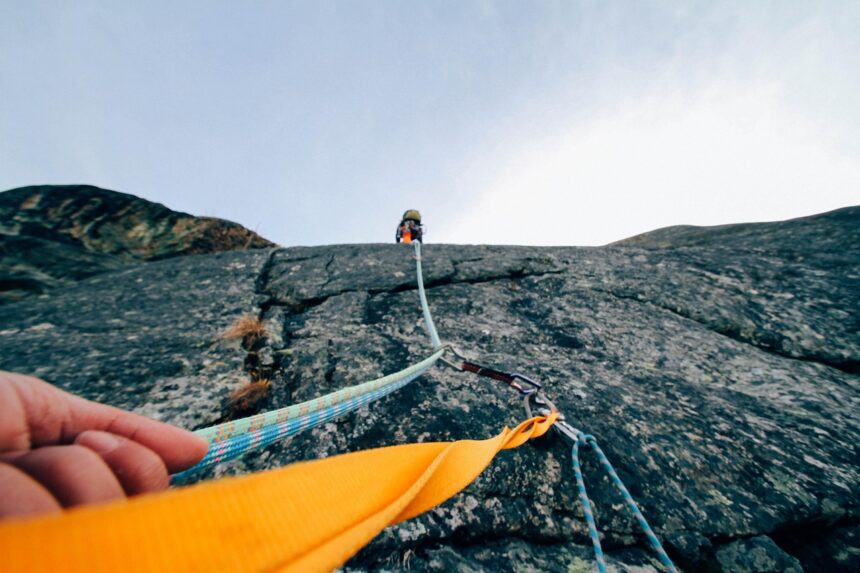From Conviction to Conflict: The Dangers of Unchallenged Beliefs in Indian Society
In India, where deep-rooted traditions and beliefs form the bedrock of the societal fabric, the failure to question or critically examine these convictions can often lead to actions that are at odds with modern values of equality, justice, and human rights. This pattern is not unique to India; history is rife with examples of how unquestioned beliefs have led to misguided actions globally. However, in a nation as diverse and populous as India, the impact can be particularly profound and far-reaching.
The Consequences of Unquestioned Beliefs
Unquestioned beliefs, especially those that have been handed down through generations, often hold a sacred place in cultural and religious practices. Yet, when these beliefs are not subjected to scrutiny or debate, they can foster environments where misinformation flourishes and discriminatory practices are perpetuated. This scenario is evident in several areas of Indian society:
- Caste System: Despite legal frameworks designed to abolish caste discrimination, the caste system continues to influence many aspects of social life. Unquestioned acceptance of caste hierarchies can lead to exclusion and violence against lower-caste communities, demonstrating how ancient beliefs can persist in causing harm when not critically examined.
- Gender Discrimination: Traditional views on gender roles can lead to restrictive practices that limit women’s rights and opportunities. Practices such as dowry, female infanticide, and child marriages are examples of how cultural beliefs, when left unchallenged, translate into actions that undermine gender equality.
- Communal Violence: Communal ideologies that go unchecked often escalate into conflict. The historical rifts between different religious communities, sometimes fueled by unexamined dogmas, have led to numerous violent clashes, impacting the harmony and unity of the nation.
The Role of Education and Awareness
One of the most effective ways to challenge and reassess deeply held beliefs is through education. Educational initiatives that encourage critical thinking and offer diverse perspectives can play a crucial role in helping individuals question and reformulate their views. Schools, universities, and even informal educational platforms can serve as arenas for this important work, promoting dialogue and understanding across different cultural and religious lines.
Media and Technology as Tools for Change
The media and technology also have pivotal roles in challenging entrenched beliefs. The internet offers unprecedented access to information, allowing for the exposure to alternative viewpoints and the debunking of myths and stereotypes. Responsible media coverage that aims to educate rather than sensationalize, combined with the judicious use of social media, can help foster a society more open to questioning its long-held convictions.
Legal and Policy Frameworks
Supportive legal and policy frameworks are necessary to facilitate the questioning of traditional beliefs and practices. Laws that promote equality and protect against discrimination, regardless of caste, gender, or religion, are essential. Furthermore, the enforcement of these laws, combined with judicial support for progressive change, can help shift societal norms.
Conclusion: Fostering a Culture of Inquiry
For India to continue progressing toward a more equitable and just society, fostering a culture of inquiry and skepticism is crucial. Encouraging the questioning of traditional beliefs not only in academic and political arenas but also in everyday conversations, can lead to greater awareness and prevent the translation of misguided convictions into harmful actions. By embracing critical thinking and open dialogue, India can transform its rich tapestry of traditions into a dynamic, inclusive future.
Disclaimer: This article draws on general knowledge and examples to highlight the importance of questioning beliefs to avoid misguided actions, reflecting broader societal challenges observed in Indian and global contexts.


Leave a Reply